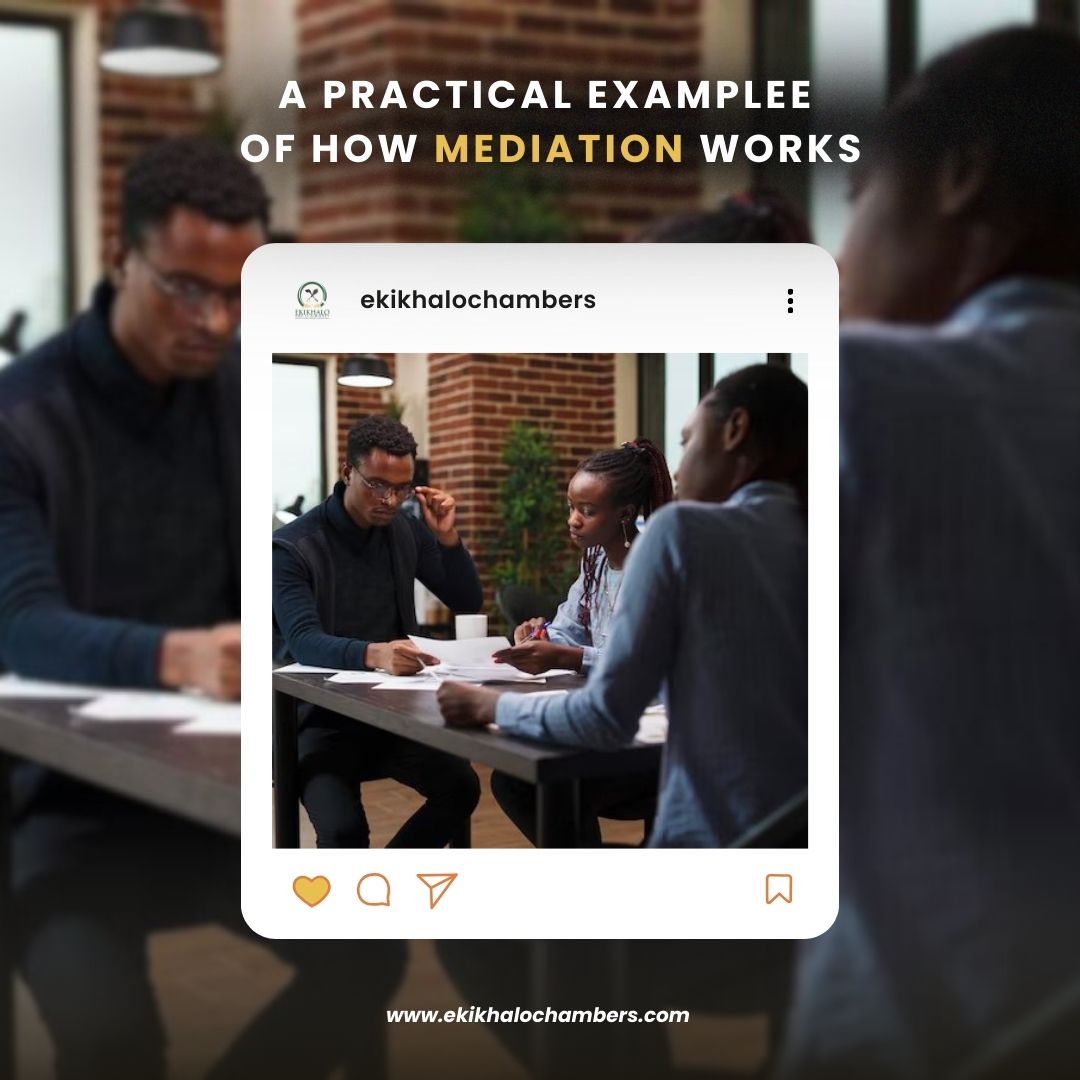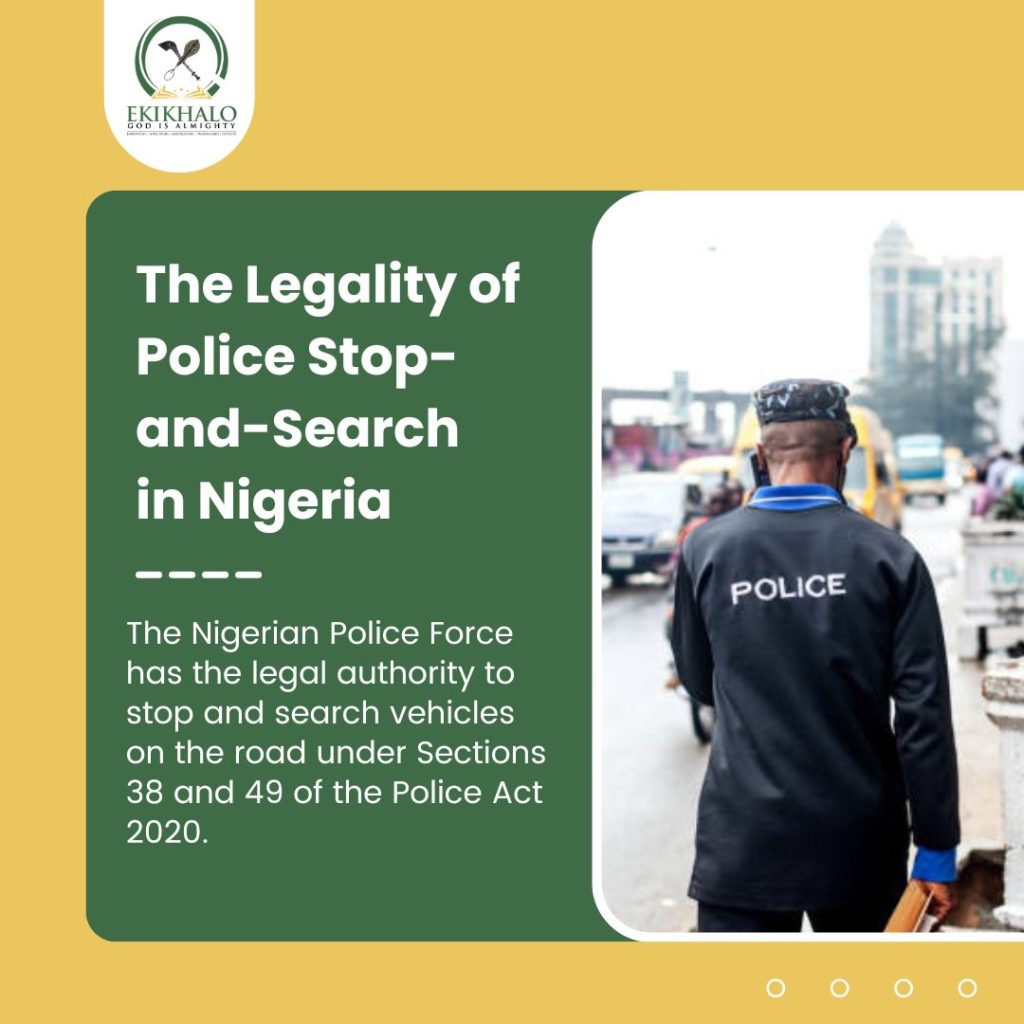In a world where relationships often form the backbone of personal and professional life, it’s crucial to value and protect them. Many people understand the importance of harmony, yet conflicts still arise threatening peaceful co-existence. Among the most common sources of tension is money. Whether in family matters, business dealings, or friendships, financial disputes often lead to misunderstandings, resentment, and in worst cases, the breakdown of relationships.
When people feel they are not being treated fairly, especially in situations involving inheritance, shared business ownership, or communal responsibilities, they tend to become defensive or emotional. This is where the power of mediation comes in. It offers a calm, structured, and respectful alternative to fighting, walking away, or escalating issues in court.
What is Mediation?
According to Wikipedia, mediation is a form of dispute resolution that helps resolve disagreements between two or more parties with concrete, mutually agreed-upon outcomes. Unlike litigation, mediation focuses on collaboration, communication, and compromise. It allows parties to work through their differences in a guided conversation, often with the help of a neutral third party.
Mediation is not about declaring a winner or loser. Instead, it aims to reach a win-win solution that respects the interests and needs of everyone involved.

Real-Life Example: Family Mediation in Action
Consider the case of two siblings in Abeokuta, Nigeria. Following the passing of their father, a dispute arose over what to do with the family home. One sibling wanted to sell the house immediately and divide the proceeds, while the other felt emotionally connected and wanted to retain it.
The disagreement grew tense, risking long-term damage to their relationship. However, instead of going to court or cutting ties, they agreed to try mediation. After a couple of sessions, they reached a compromise: the property would be rented out, and the income shared equally. They also set a timeline to revisit the conversation about a possible sale. This approach preserved their relationship and offered a fair and practical solution.
This case underscores how mediation can address even emotionally charged and financially complex disputes, transforming potential breakdowns into opportunities for mutual understanding.
Key Benefits of Mediation
-
Preserves Relationships
One of the biggest advantages of mediation is its ability to maintain and even strengthen relationships. Whether it’s between family members, colleagues, or business partners, mediation encourages empathy and cooperation. -
Cost-Effective
Compared to lengthy court battles or legal fees, mediation is far more affordable. It reduces the financial burden on all parties while providing a structured path toward resolution. -
Time-Saving
Mediation is usually much quicker than traditional litigation. Disputes that might take months or years in court can often be resolved in a matter of days or weeks. -
Confidential
Unlike court proceedings, mediation sessions are private. This means sensitive matters can be discussed openly without fear of public exposure. -
Flexible and Voluntary
Mediation allows the parties involved to have control over the outcome. It is a collaborative process where everyone has a say, rather than having a judge impose a decision. -
Promotes Fairness and Understanding
With the help of a neutral mediator, parties can express their perspectives, clarify misunderstandings, and work toward a solution that feels fair to everyone.
Final Thoughts
Burning bridges is rarely a profitable or wise decision, especially when there’s an opportunity to salvage what truly matters. When faced with conflict, especially those involving money or inheritance, mediation offers a peaceful, respectful, and effective way forward.
Rather than allowing disputes to create permanent rifts, choose dialogue. Choose understanding. Choose mediation.






About The Author: Admin
More posts by admin